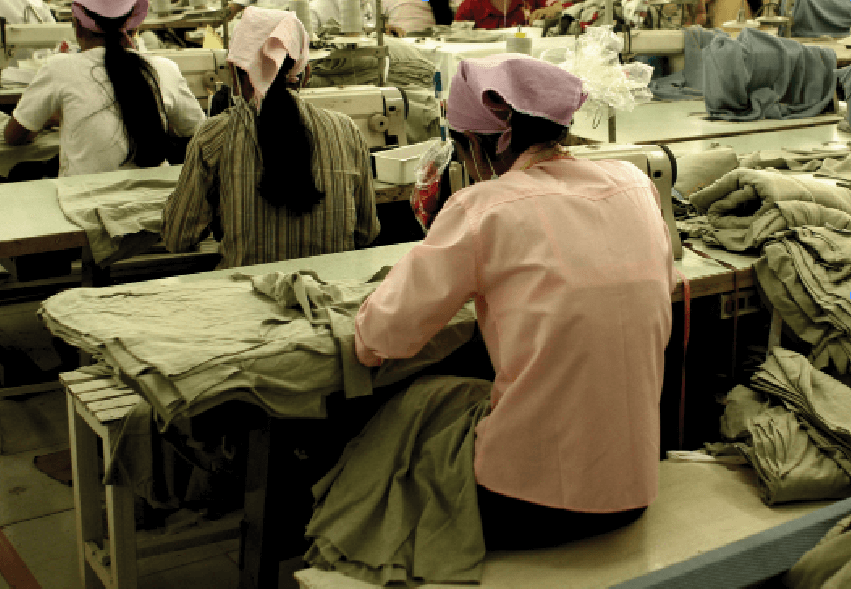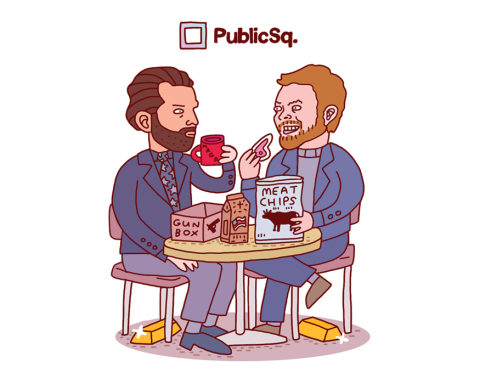With all the focus in recent years on social responsibility, you might think the corporate sector has become a force for good in the global struggle for social justice.
You’d be wrong.
A new study of 200 of the world’s biggest brands found that fewer than half of them show any signs of meeting the United Nations’ 2011 Guiding Principles on Business and Human Rights.
Conducted by the UK non-profit Corporate Human Rights Benchmark (CHRB), the study mainly surveys companies in apparel, food and drink, resource extraction and technology manufacturing – the four industries considered most susceptible to compromising workers’ rights. The key finding: one in four companies received a score of 10% or less for their efforts to support human rights, activities that range from mere transparency on human-rights issues to establishing effective grievance mechanisms and holding board directors accountable for human-rights issues.
With an estimated 25 million people today working as forced labour, business clearly has to work harder to expunge its supply chains of people and organizations that consider human rights an optional frill.
The survey results look only slightly better when you distinguish between the performance of 100 companies being studied for the third time and 100 new companies added to the survey this year. The 100 original firms, knowing they’re under scrutiny, showed real progress, moving from an average score of 18% in 2017 to almost 32% in 2019. But the new 100 companies posted an average score of just 17%.
“In aggregate, the 200 companies are painting a distressing picture,” noted CHRB chair Steve Waygood. “That one quarter of companies score less than 10%, and a full half of companies fail to meet any of the five basic criteria for human-rights due diligence, should alarm governments and investors.”
Danone, Diageo, Heineken, Kellogg and Pepsi are among the companies that showed the most improvement since 2017. The laggards, with the lowest scores overall, include Costco, Phillips 66, Western Digital, Broadcom, Lindt chocolate, Monster Beverage and Canadian firms Loblaw and Alimentation Couche-Tard.
Most companies will likely continue to underplay human rights until they’re forced to change, whether by public exposure or by increasing pressure from activists, shareholders, investors and governments.







